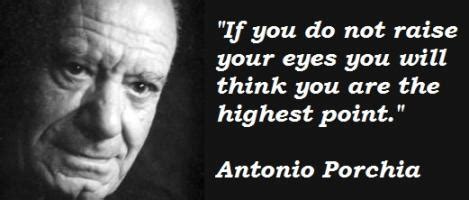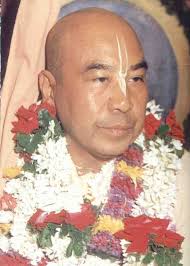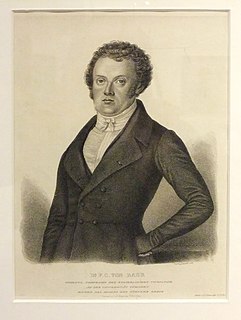A Quote by Antonio Porchia
I have been my own disciple and my own master. And I have been a good disciple but a bad master.
Related Quotes
A zealous disciple expressed a desire to teach others the Truth and asked the Master what he thought about this. The Master said, "Wait." Each year the disciple would return with the same request and each time the Master would give him the same reply: "Wait." One day he said to the Master, "When will I be ready to teach?" Said the Master, "When your excessive eagerness to teach has left you.
A disciple came to the celebrated Master of the Good Name with a question. “Rabbi, how are we to distinguish between a true master and a fake?” And the master of the good name said, “When you meet a person who poses as a master, ask him a question: whether he knows how to purify your thoughts. If he says that he knows, then he is a fake.
I am sure that there are many Christians who will confess that their experience has been very much like my own-that we had long known the Lord without realizing that meekness and lowliness of heart should be the distinguishing feature of the disciple, as they were of the Master. Such humility is not a thing that will come on its own. It must be made the object of special desire, prayer, faith and practice.
What kind of authority can there be for an 'Apostle' who, unlike the other Apostles, had never been prepared for the Apostolic office in Jesus' own school but had only later dared to claim the Apostolic office on the basis of his own authority? The only question comes to be how the apostle Paul appears in his Epistles to be so indifferent to the historical facts of the life of Jesus....He bears himself but little like a disciple who has received the doctrines and the principles which he preaches from the Master whose name he bears.
I think you can find yourself in life perhaps not really being the master of your own life and it is within your own will and tenacity whether you switch the roles or not. So I think it has more to do with that, a person's individual will to be master or servant. I've been both in my own life and I prefer the former.
If you go to a master to study and learn the techniques, you diligently follow all the instructions the master puts upon you. But then comes the time for using the rules in your own way and not being bound by them....You can actually forget the rules because they have been assimilated. You are an artist. Your own innocence now is of one who has become an artist, who has been, as it were, transmuted.... You can't have creativity unless you leave behind the bounded, the fixed, all the rules.




































